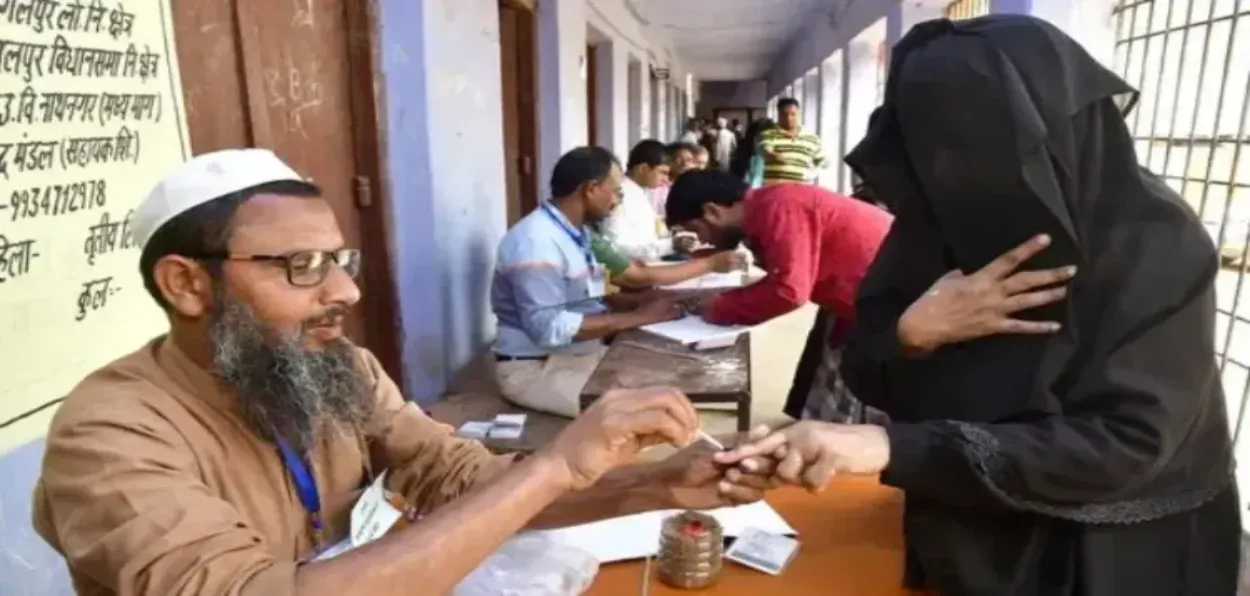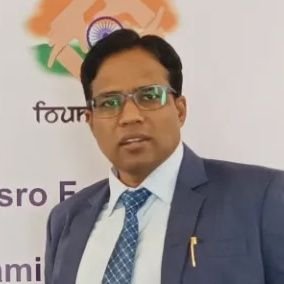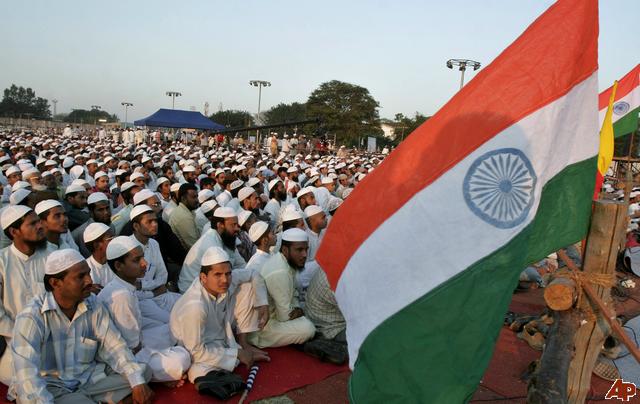
 Faiyaz Ahmad Fyzie
Faiyaz Ahmad Fyzie
Bihar has always played a special role in Indian democracy. Today, as the issue of social representation of Pasmanda Muslims is in focus, it is important to understand its background. The 1946 Bihar Assembly elections reshaped pre-independence politics. Amidst the inclusive nationalism of the Congress and the separatist politics of the Muslim League, Asim Bihari's 'Momin Conference' provided expression to the class and social consciousness of Pasmanda Muslims.
Formal electoral processes in India began with the 1937 provincial elections, held under the Government of India Act of 1935. Following political instability, Viceroy Wavell held new elections in 1945–46. The legislative assemblies formed during these elections elected members to the Constituent Assembly, which framed the Constitution. The Muslim League, on the other hand, described this as a referendum in support of Pakistan.
In the 1946 elections, the indigenous Pasmanda community united under the banner of the Momin Conference. This organisation focused on employment, education, and social equality rather than religious identity. It emerged as a protest against casteism and social evils within Muslim society. Soon, it came up as the most powerful resistance to the Muslim League's separatist politics.
The Momin Conference, in its ideological opposition to the League's slogan "Islam is in danger," described the demand for Pakistan as a symbol of the class interests of the Nawabs and Khan Bahadurs.
Opposing the two-nation theory, it exemplified secularism and, in the elections, joined forces with the Congress to champion class equality, social justice, and national unity. In Bihar, where separate electorates were available for 40 seats, the Momin Conference fielded 20 candidates and the Congress 10.
Although Pasmaada people had to struggle due to the limited resources in the face of power and religious propaganda of the League, the large crowds at public meetings continued to raise hopes. However, in the results, out of the 40 Muslim reserved seats in Bihar, 33 went to the Muslim League, 6 to the Momin Conference (it finished second in 11 seats), and only one seat went to the Congress. Congress won 98 seats in the general elections and formed the government, but the majority of the Muslim votes went to the League.
It was a defeat in terms of numbers, but ideologically, the Pasmanda community's first moral victory and expression of class consciousness and Indianness against religious nationalism.

Indian Muslims
The biggest reason for the Momin Conference's defeat was limited suffrage. Unlike today, adult individuals did not have the right to vote; voting rights were available only to those who were wealthy, taxpayers, or whose income and education met certain standards.
The situation was even more uneven within Muslims—the Ashraf class of nawabs, landowners, and merchants were granted voting rights, but a large section of Pasmanda Muslims remained almost completely excluded from the process. As a result, the Muslim League gained political ascendancy, and Pasmanda representation remained limited.
In 1939, Noor Mohammad, the nationalist leader of the Momin Conference, proposed implementing universal adult suffrage in the Bihar Legislative Assembly, but it was rejected. Had his vision been accepted, the outcome of the 1946 elections, and perhaps the history of the country, would have been different.
Another major reason for the Momin Conference's defeat was a lack of financial and other resources. The Pasmanda community could not match the resources of the League. Despite this, the six seats it won became a symbol of the Pasmanda community's ideological strength and struggle for social justice—reflecting the militant and principled spirit of its leadership.
Hafiz Manzoor Hussain's victory over the Muslim League candidate was a prime example of this. Fearing the Muslim League, no one was willing to become Hafiz Manzoor's polling agent. In such a situation, a young Hindu man, Indra Kumar (who served as a member of the Bihar Legislative Council until 1986 after independence and the Bihar State Backwards Classes Commission from 1997 to 2008), volunteered for the job.
The Muslim League complained to the authorities, asking how a Hindu could be a polling agent in a Muslim constituency with a separate electorate. The complaint was dismissed. The Muslim League sarcastically remarked, "Look, they can't even find a Muslim polling agent."
This was not just a political event, but a historic example of cooperation across communal divides—highlighting both the secular nature of India and the inclusive spirit of indigenous Pasmanda politics.
The Momin Conference had proved the strength of its ideology, struggle and mass base despite limited voting rights and disparity in resources. When the Congress cabinet in Bihar under the leadership of Shri Krishna Singh was sworn in on 30 March 1946, at its core was a profound political strategy of inclusive nationalism, the architect of which was Sardar Vallabhbhai Patel.
Patel believed that if Pasmanda Muslims were given political representation, the Muslim League's "Ashraf"-centric politics would be weakened.
In line with this policy, despite opposition from senior leaders like Maulana Azad, Momin Conference leaders Abdul Qayyum Ansari and Noor Mohammad were included in the Bihar cabinet at Patel's insistence. In correspondence between Dr Rajendra Prasad and Patel, Ansari is described as a "patriotic Muslim."
This move was not merely a measure to weaken the divisive politics of the Muslim League, but a successful experiment of Congress's inclusive nationalism, which laid the foundation for Pasmanda participation in India's politics and conveyed the message that India's future lies in the inclusion of all classes. The 1946 Bihar elections are a reflection of today's politics. The same questions of Pasmanda consciousness, social justice, and secularism that the Momin Conference raised then are again at the forefront today.
ALSO READ: Anwar Haq used football to change the lives of village children
Today, when parties are speaking in favour of Pasmanda representation, it may be recalled that this idea stems from the struggle of leaders like Asim Bihari, Abdul Qayyum Ansari, Noor Mohammad, and Hafiz Manzoor Hussain. The Bihar of 1946 reminds us that the struggle of the Pasmanda community is not incomplete, but rather a vibrant and decisive discourse in the present-day Indian democracy.
Dt. Faiyaz Ahmad Fyzie is a doctor and a Pasmanda activist.
